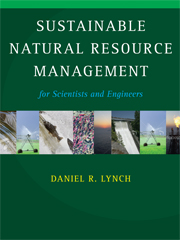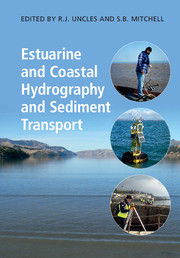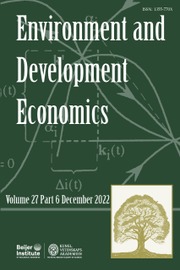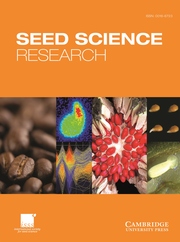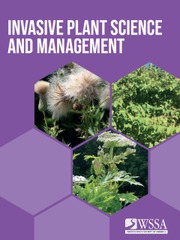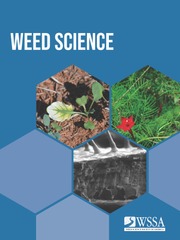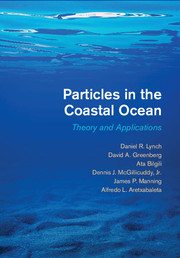Sustainable Natural Resource Management
Natural resources support all human productivity. The sustainable management of natural resources is among the preeminent problems of the current century. Sustainability and the implied professional responsibility start here. This book uses applied mathematics familiar to undergraduate engineers and scientists to examine natural resource management and its role in framing sustainability. Renewable and nonrenewable resources are covered, along with living and sterile resources. Examples and applications are drawn from petroleum, fisheries, and water resources. Each chapter contains problems illustrating the material. Simple programs in commonly available packages (Excel, MATLAB) support the text. The material is a natural prelude to more advanced study in ecology, conservation, and population dynamics, as well as engineering and science. The mathematical description is kept within what an undergraduate student in the sciences or engineering would normally be expected to master for natural systems. The purpose is to allow students to confront natural resource problems early in their preparation.
- Key concepts of sustainability are presented in an analytical framework, with topics including harvest, sustainability, effort, extraction, extinction, consumptive use, riparian rights, etc.
- Problem sets that apply quantitative tools are found at the end of each chapter, giving students an opportunity to apply the tools they have learned in a variety of natural resource management contexts
- MATLAB and Excel programs are integrated into the text and are available for download on the book's website, which will enhance understanding and provide further tools for research and professional use
- Supports ASCE 'Body of Knowledge for the 21st Century' recommendations: 'the 21st Century Civil Engineer must demonstrate: an ability to evaluate the sustainability of engineered systems and services, and of the natural resource base on which they depend; and to design accordingly'
Product details
April 2009Adobe eBook Reader
9780511501586
0 pages
0kg
108 b/w illus. 14 tables 151 exercises
This ISBN is for an eBook version which is distributed on our behalf by a third party.
Table of Contents
- 1. Sterile resources
- 2. Biomass
- 3. Stage-structured populations
- 4. The cohort
- 5. Water
- 6. Pollution.

